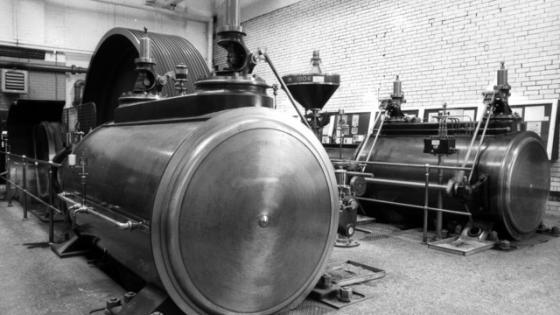DP8999 Skill Premium and Trade Puzzles: A Solution Linking Production and Preferences
International trade theory is a general-equilibrium discipline, yet most of the standard portfolio of research focuses on the production side of general equilibrium. In addition, we do not have a good understanding of the relationship between characteristics of goods in production and characteristics of preferences. This paper conducts an empirical investigation into the relationship between a good's factor intensity in production and its income elasticity of demand in consumption. In particular, we find a strong and significant positive relationship between skilled-labor intensity in production and income elasticity of demand for several types of preferences, with and without accounting for trade costs and differences in prices. Counter-factual simulations yield a number of results. We can explain about half of ?missing trade?, and show an important role for per-capita income in understanding trade/GDP ratios, the choice of trading partners, and the composition of trade. Furthermore, an equal rise in productivity in all sectors in all countries leads to a rising skill premium in all countries, with particularly large increases in developing countries.

